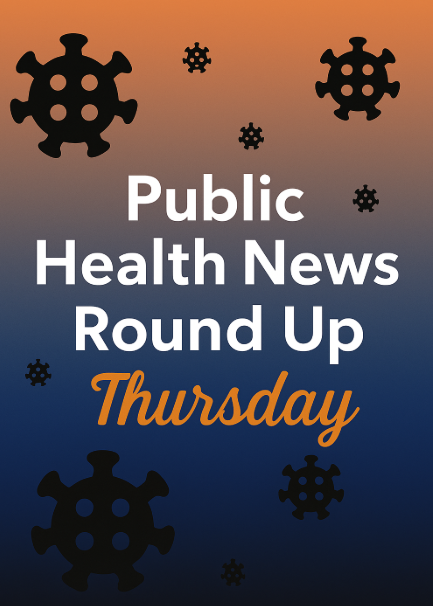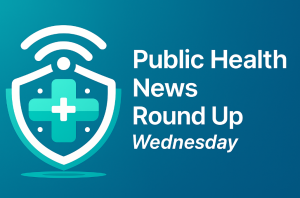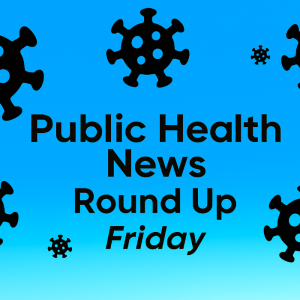
Next Week in Public Health, October 30, 2025
We’re going to be at APHA next week, partnering with WE in the World to help promote coalition building and generational thinking. If you are also going to be around, be sure to come hang out with us!
Here’s what’s in the research this week.

What’s in the news?

Florida ends vaccine mandate
Florida plans to end nearly 50 years of mandatory childhood vaccinations, with the backing of Gov. Ron DeSantis and Surgeon General Joseph Ladapo. Experts warn this will likely lead to the resurgence of vaccine-preventable diseases such as measles, polio, and meningitis, threatening public health significantly.
My State Banned Vaccine Mandates. Here’s How I Covered It as an Idaho Journalist.
Summary: Idaho has become the first state to ban vaccine mandates with the Idaho Medical Freedom Act, which makes it illegal to require vaccines, tests, or medical interventions for most. This shift affects school and daycare responses to disease outbreaks like measles, potentially increasing the risk of unvaccinated children spreading infection.
Conspiracy theories gain federal legitimacy as agency plans ‘chemtrails’ probe
Summary: High-level officials in the Trump administration, including Health and Human Services Secretary Robert F. Kennedy Jr., are giving attention to the debunked conspiracy theory that airplane contrails are chemically poisoning people and impacting climate. The administration’s interest in investigating these claims has raised concerns about the influence of unscientific ideas on public health policy. Read more here
AI agents shone on the HLTH stage; I got a different story behind the scenes
At the HLTH conference, AI’s role in healthcare was a major theme, with mixed views on the adoption of AI agents for tasks like call center operations and clinical evidence gathering. While AI agents have shown promise in some areas, there are concerns about security, cost, and the variability when interacting with patients without human oversight.
Wellness Influencers Are Good at Winning Your Trust. That May Not Be the Best Medicine
A 2023 study found that nearly one-third of Americans face barriers to accessing primary care, while influencer-driven wellness trends offer alternatives that are not always evidence-based. The misinformation spread by some wellness influencers poses health risks, highlighting the need for trustworthy medical advice and community support.



